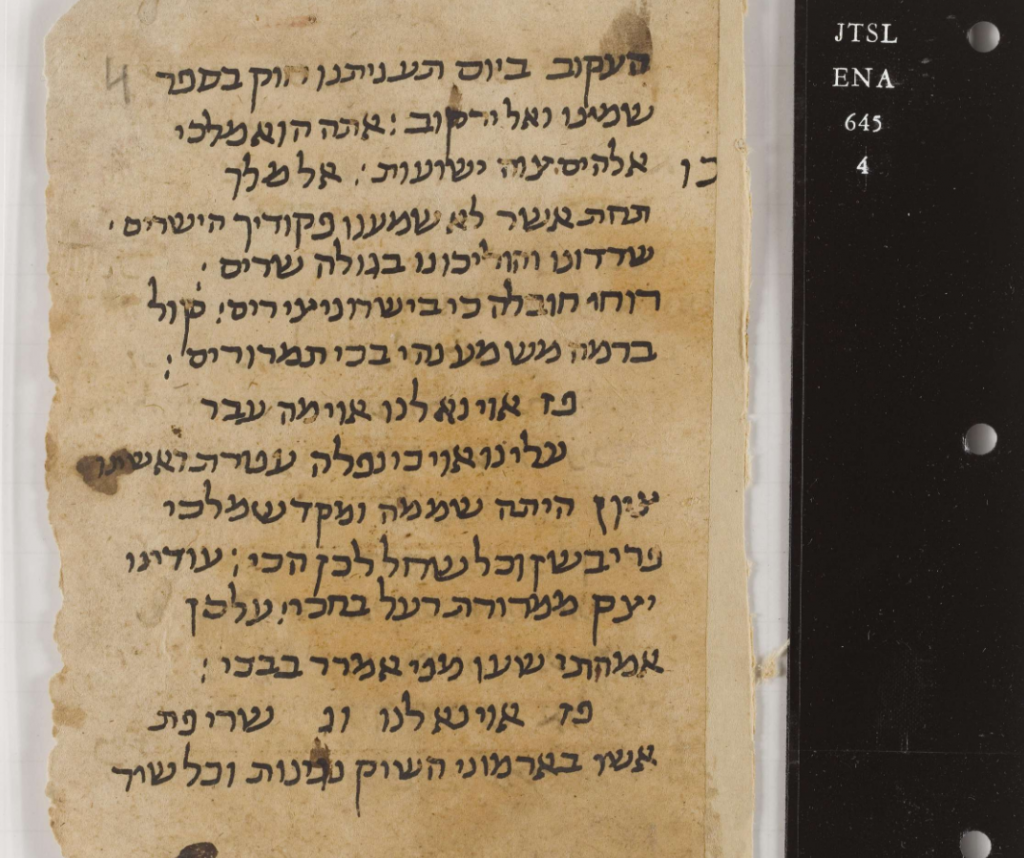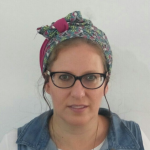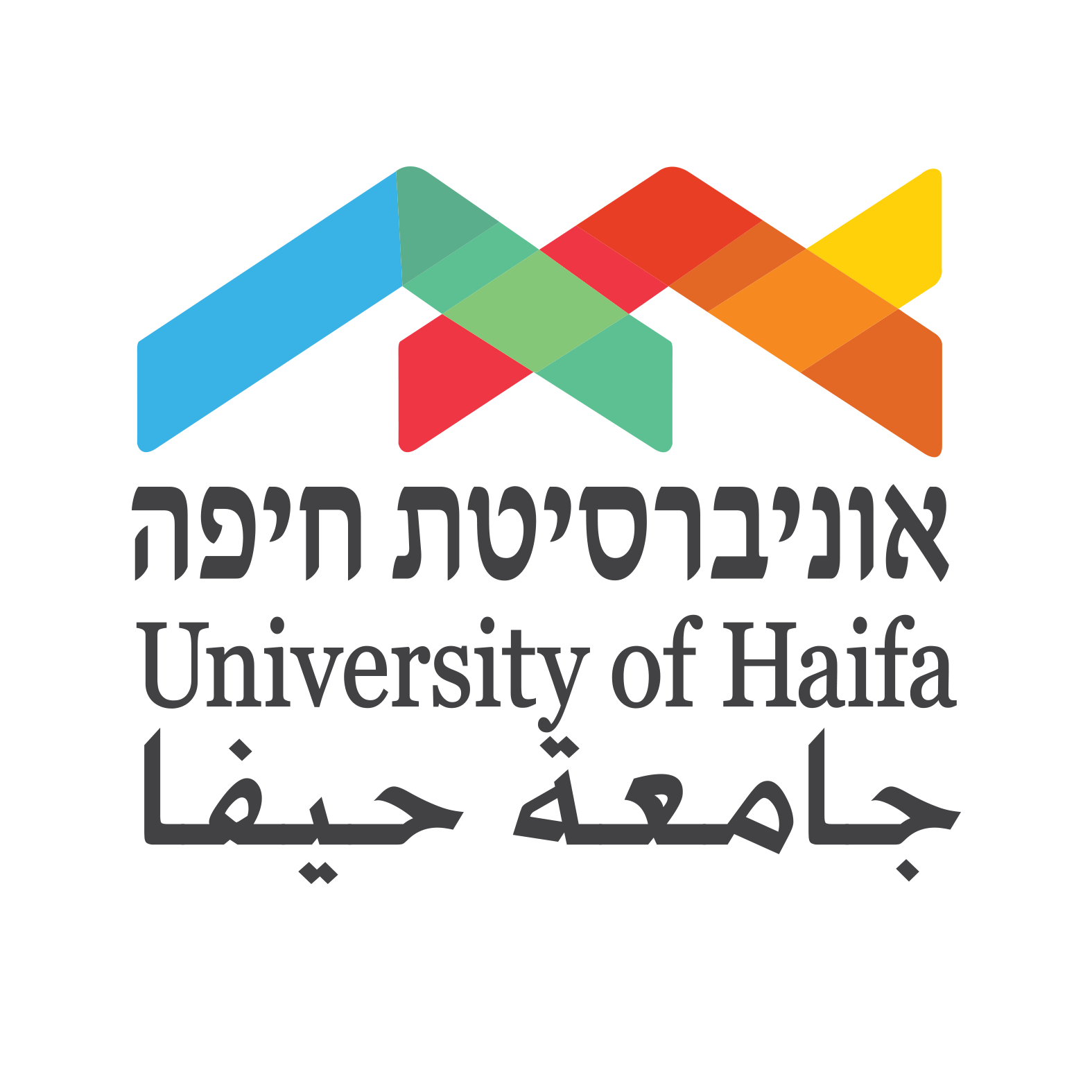Cairo Genizah Authors
The Cairo Genizah is a huge collection of hundreds of thousands of book fragments and documents from the Jewish community in Cairo.
About 1000 years ago, one of the most important Jewish centers in the world, especially in the East, was the community of Old Cairo, known as Postat. This community was a center for economic, social and religious activity and maintained contact with Jewish communities in Babylon, Israel, Spain, Sicily, North Africa, India, Yemen and more.+In that large Jewish community there is also the Ben Ezra synagogue which was built in 882 on the ruins of a Coptic church. In the synagogue they used to keep holy scriptures and therefore on the top floor of the synagogue a special room was designated as a genizah. Between the 11th and 19th centuries, holy books and scrolls accumulated in the place that were worn out and, moreover, many other manuscripts that were not holy writings. The community treated everything written in Hebrew as sacred, and from that they also preserved legal documents – court records, financial – bills and bills, name lists, sections of notebooks, letters and more in the ‘Ganzach’. Thanks to Egypt’s dry climate, these writings were preserved in good condition until discoveries at the end of the 19th century, from where they began to “trickle down” to various research centers around the world.

The ‘Cairo Geniza Writers’ project, carried out by a consortium of universities, aims to make the materials of the Cairo Geniza accessible and available, by assisting the general public in their transcription. The project will later also enable the development of the knowledge envelope of the Genizah sections, and the development of a computational learning tool for automatic transcription and classification of the texts. The platform was developed by Zonivers, the world’s most advanced crowd intelligence laboratory for science, under the leadership of Digital Jewish Sciences at the University of Pennsylvania and in collaboration with the Eliyahu Laboratory at the University of Haifa and the Genizah Center at Princeton University.

Our Team




